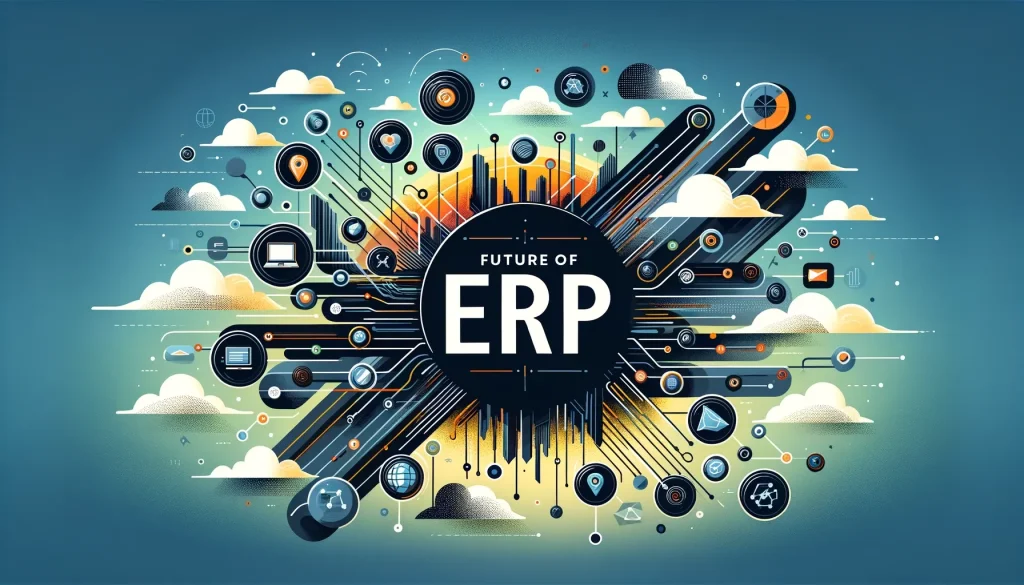In the modern business landscape, Artificial Intelligence (AI) and automation are reshaping the way software solutions are designed, deployed, and used. By integrating AI-driven capabilities into software platforms, companies can achieve enhanced efficiency, scalability, and innovation. These transformative technologies are not just improving individual business operations but are also enabling organizations to future-proof their processes in an increasingly digital world.
AI and Automation in Action:
- Smart Decision-Making
- AI’s ability to process vast amounts of data and identify patterns enables software solutions to make smarter decisions. This ranges from predictive analytics in enterprise software to intelligent CRM systems that adapt and respond to customer needs in real time. For instance, AI can analyze customer interactions and predict future behaviors, providing businesses with valuable insights for marketing and sales strategies.
- Process Automation
Automation allows businesses to reduce manual interventions and streamline repetitive tasks, improving operational efficiency. Tasks like data entry, report generation, and document processing can now be automated using AI algorithms. This shift frees up valuable time for employees to focus on more strategic activities, improving productivity and reducing human error. In industries such as finance, healthcare, and retail, automation has already shown significant cost-saving and time-saving benefits.
- Enhancing User Experience
AI-powered chatbots and virtual assistants are increasingly used to enhance customer support. These intelligent systems provide users with quick, accurate responses, 24/7. They can handle a wide range of queries and tasks, from booking appointments to troubleshooting technical issues, improving the customer experience and reducing the burden on human support teams.
- Improving Personalization
AI is enabling software platforms to offer a personalized experience to users. From targeted recommendations on e-commerce websites to customized learning paths in educational platforms, AI can analyze user behavior and preferences to tailor content, features, and services. This level of personalization drives user engagement and satisfaction, resulting in higher retention and increased sales for businesses.
The Future of AI and Automation:
As AI and automation continue to evolve, the scope of their impact on software solutions is expanding. Emerging technologies such as natural language processing (NLP) and machine learning are enabling even more sophisticated capabilities in everything from speech recognition to automated decision-making. Businesses that integrate these tools into their software solutions will gain a competitive edge by offering enhanced performance, increased accuracy, and a more intuitive user experience.
Additionally, as more industries embrace AI and automation, the possibilities for these technologies are virtually limitless. Whether it’s transforming how businesses operate internally, enhancing customer interactions, or streamlining complex workflows, AI and automation are proving to be essential for companies seeking to thrive in the digital age.
Key Resources:
- Gartner’s 2024 AI in Software Solutions Report: A comprehensive guide to how AI is revolutionizing enterprise software, with case studies and best practices for implementation.
- Forbes AI and Automation Trends for 2025: An article exploring how AI and automation will shape various industries, with a focus on software innovation.

